11 GPTs for Accessibility Tool Powered by AI for Free of 2026
AI GPTs for Accessibility Tool are advanced artificial intelligence systems, specifically Generative Pre-trained Transformers, that are tailored to enhance accessibility in various domains. They serve as pivotal resources in overcoming barriers faced by individuals with disabilities, offering customized solutions. By leveraging natural language processing and machine learning, these tools adapt to a wide range of accessibility needs, providing support in areas such as language translation, content simplification, and assistive technology integration, thereby playing a crucial role in making information and technology more accessible to all.
Top 10 GPTs for Accessibility Tool are: shownotes,Narrate Book (Reader/Audiobooks),Whisper Sage,Youtube | Synthesis,明晰助读,Silent Expressor,Язык Браиля,ST-Test-MS-azure-TTS,Diablo Guide Pup,BlindGPT
shownotes
Transcribe and Summarize, AI-Enhanced
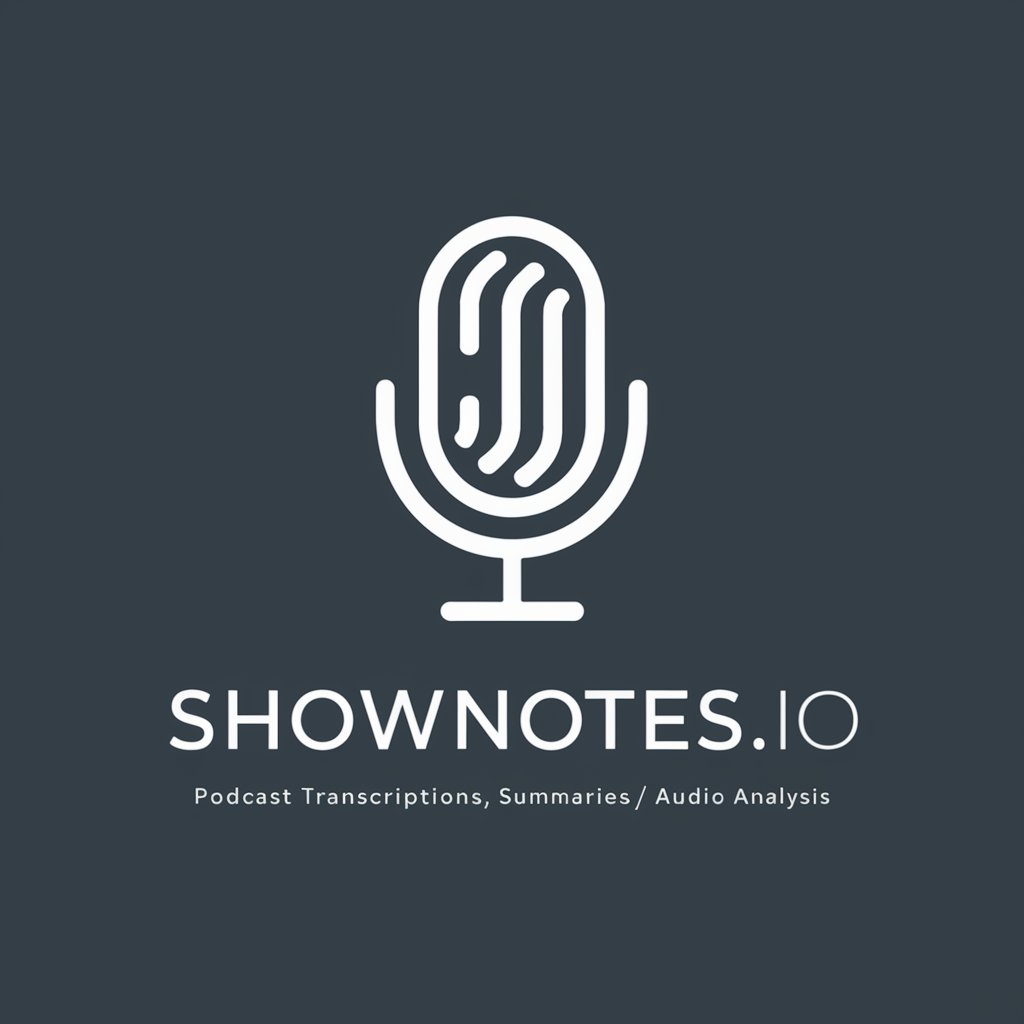
Narrate Book (Reader/Audiobooks)
Transform Textbooks into Audiobooks with AI
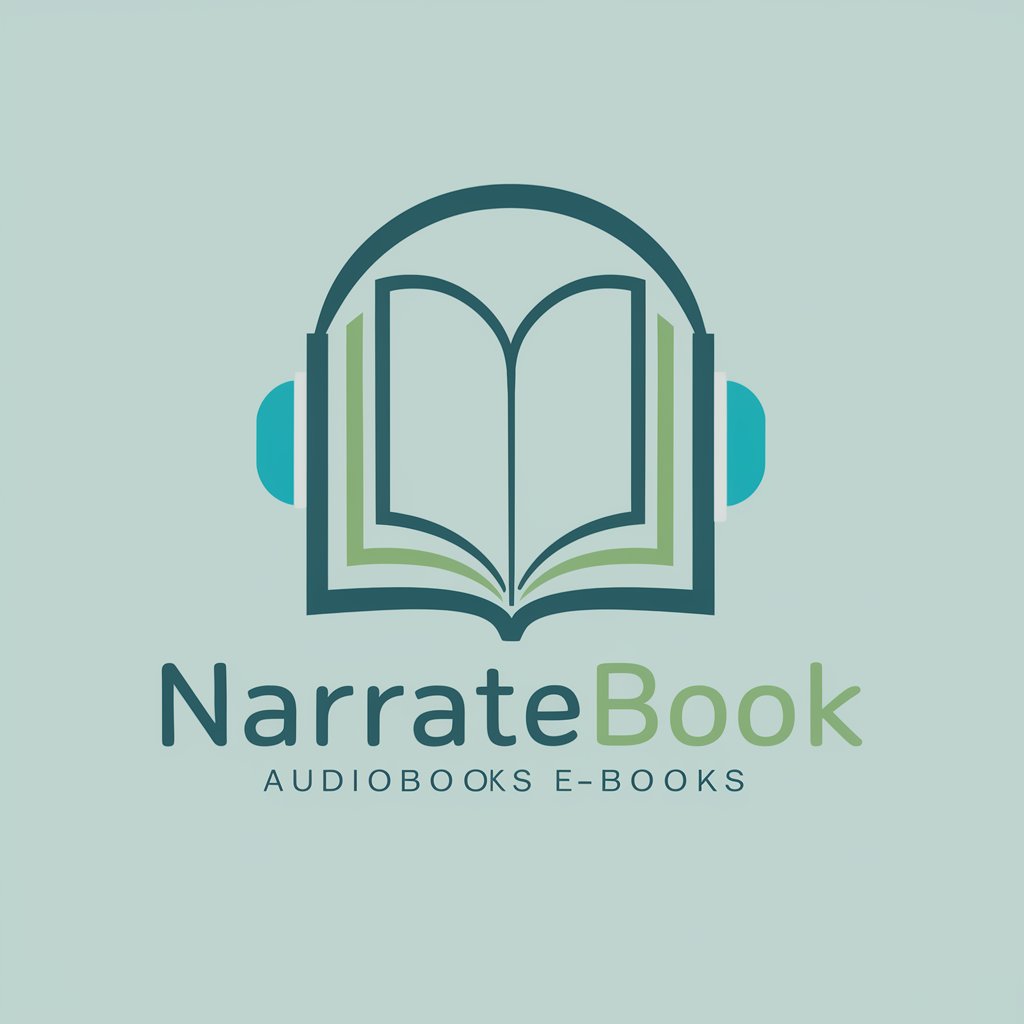
Whisper Sage
Transform Speech into Text with AI
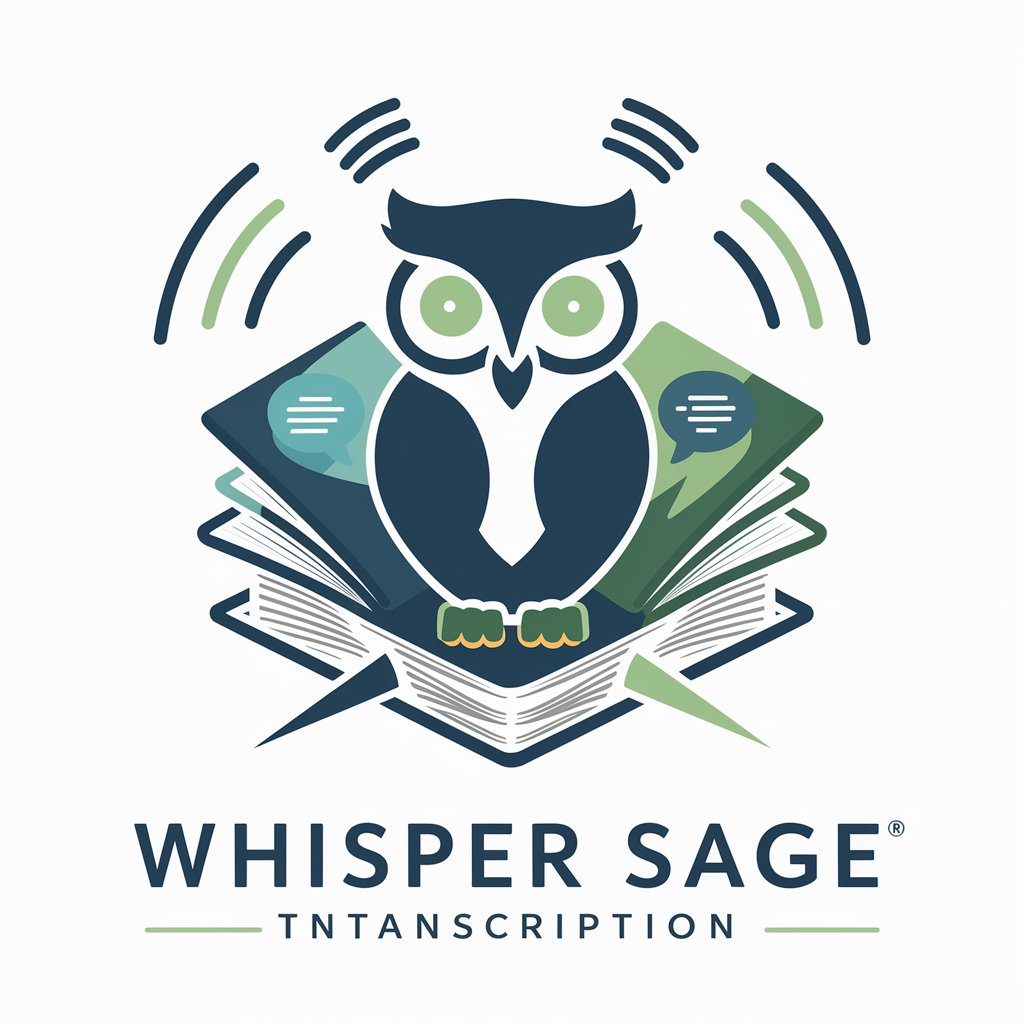
Youtube | Synthesis
Transforming video content into structured summaries.

明晰助读
Making Complex Texts Accessible

Silent Expressor
Express More, Speak Less

Язык Браиля
Translating Braille to Russian, powered by AI

ST-Test-MS-azure-TTS
Transforming Text Into Lifelike Speech

Diablo Guide Pup
Your AI-powered guide through Diablo 2.
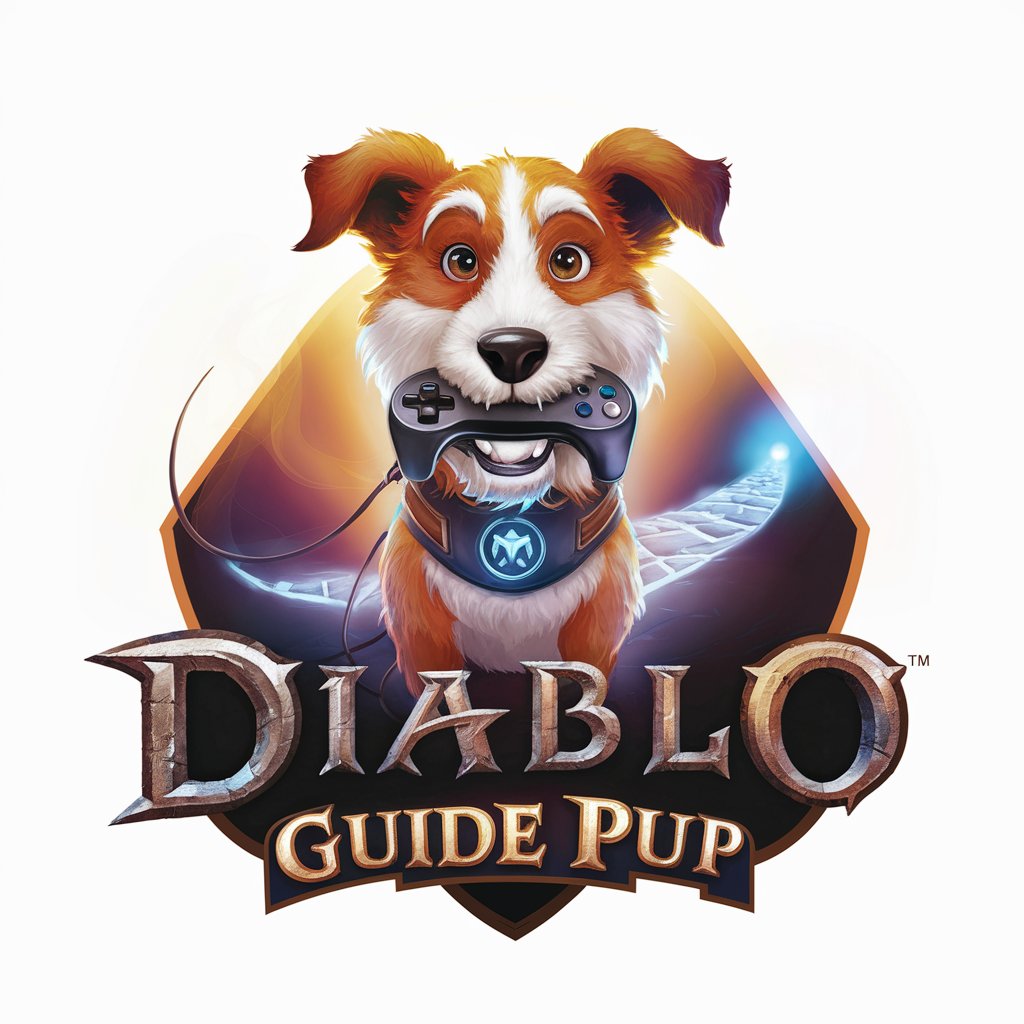
BlindGPT
Empowering Vision with AI
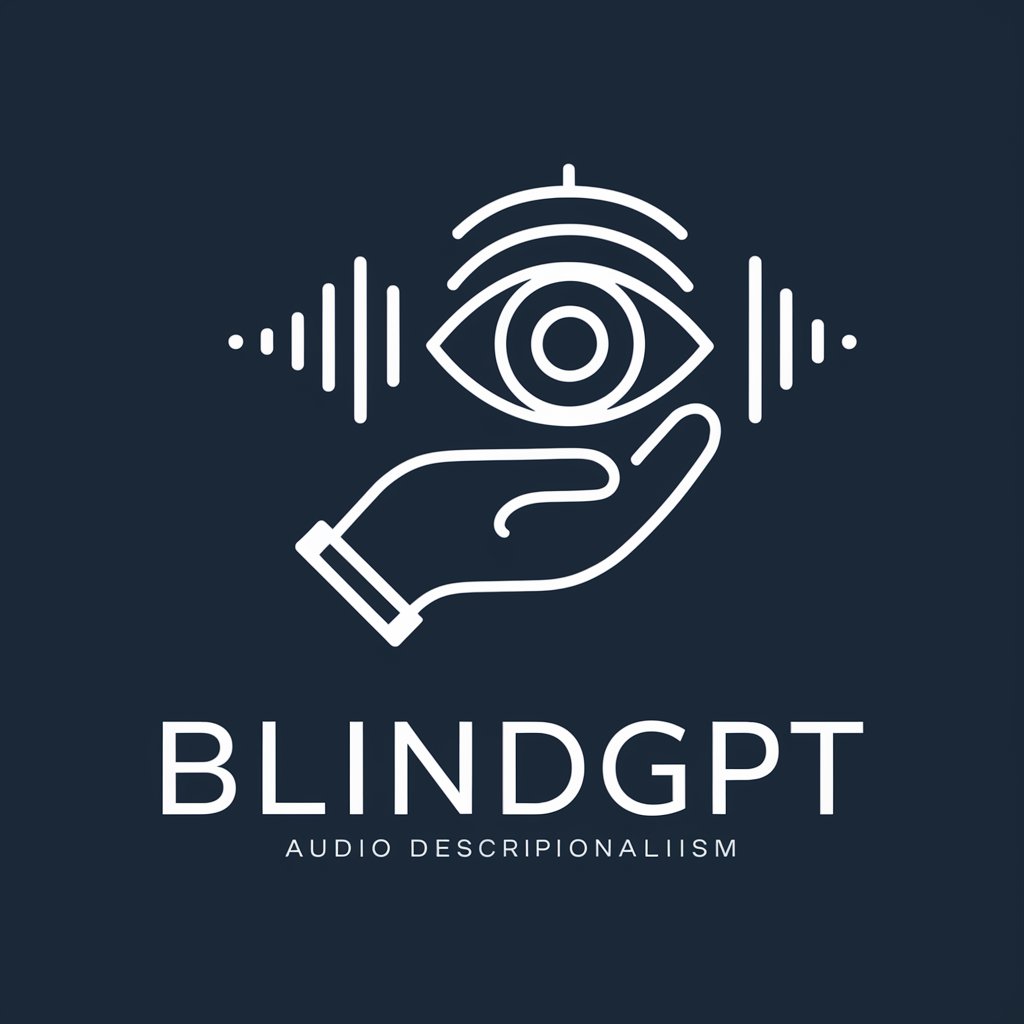
Morse Audio
Turning text into Morse, effortlessly.
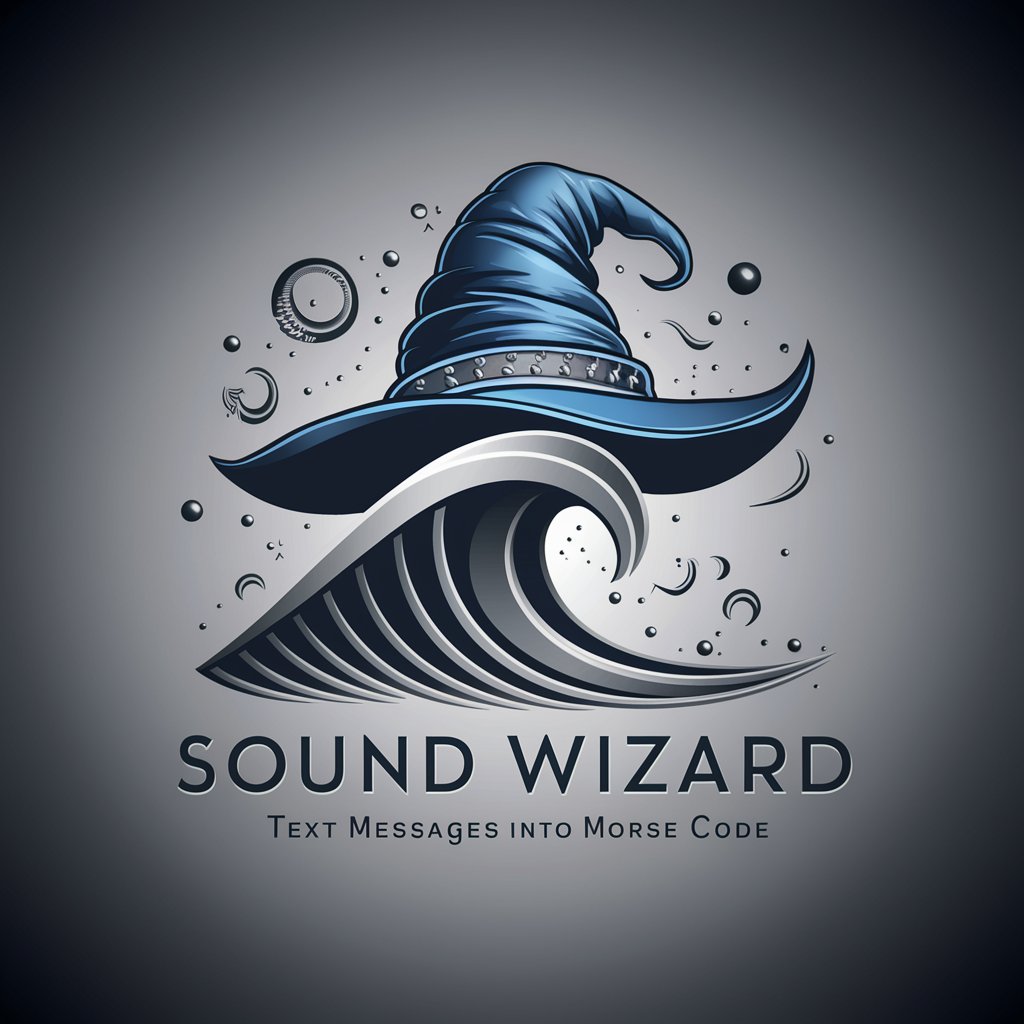
Key Attributes of AI GPTs in Accessibility
AI GPTs for Accessibility Tool stand out with their adaptability, ranging from simple text-based queries to complex problem-solving scenarios. They excel in language processing, enabling real-time translation and content simplification, essential for diverse users. Their technical support extends to guiding users through various software and hardware functionalities, making technology more approachable. Unique features like web searching, image creation, and data analysis capabilities further broaden their utility, offering comprehensive solutions in the accessibility domain.
Intended Users of AI GPTs in Accessibility
The primary beneficiaries of AI GPTs for Accessibility Tool encompass a wide audience, including novices seeking basic guidance, developers designing accessible technology, and professionals in accessibility fields. These tools are user-friendly for individuals without coding skills, while also offering advanced customization options for those with programming expertise, ensuring that a broad range of users can effectively utilize these innovative solutions.
Try Our other AI GPTs tools for Free
Email Security Enhancement
Explore AI GPT tools designed for Email Security Enhancement, offering advanced threat detection, user-friendly interfaces, and seamless integration with existing systems. Ideal for both novices and IT experts.
Phishing Threat Analysis
Discover how AI GPT tools for Phishing Threat Analysis leverage advanced AI to offer robust protection against phishing scams, catering to both novices and professionals.
Business Email Protection
Discover AI GPTs for Business Email Protection: sophisticated, adaptable AI tools designed to safeguard your business emails against evolving cyber threats.
Personal Email Vigilance
Revolutionize your email experience with AI GPTs for Personal Email Vigilance – smart, adaptable tools designed for efficient email management and enhanced security.
AI-Driven Security Tool
Explore AI GPTs for AI-Driven Security: intelligent, adaptable solutions for real-time threat detection, analysis, and automated response in cybersecurity.
Philosophical Insight Generation
Explore the realm of philosophy with AI GPTs, your versatile tool for insightful, deep understanding and analysis of philosophical concepts.
Broader Perspectives on AI GPTs in Accessibility
AI GPTs function as tailored solutions across different sectors, particularly in enhancing accessibility. Their user-friendly interfaces facilitate ease of use, and their ability to integrate with existing systems and workflows amplifies their effectiveness in making technology and information more accessible. They serve as crucial tools in bridging the digital divide, ensuring inclusivity in the technological landscape.
Frequently Asked Questions
What are AI GPTs for Accessibility Tool?
AI GPTs for Accessibility Tool are AI-driven tools specifically designed to enhance accessibility. Utilizing advanced machine learning and natural language processing, they provide solutions tailored to the needs of individuals with disabilities, aiding in communication, access to information, and interaction with technology.
How do these tools aid in language translation?
They leverage sophisticated algorithms to offer real-time translation and content simplification, making information accessible in multiple languages and easier to understand for all users.
Can non-technical users easily operate these tools?
Yes, these tools are designed with user-friendly interfaces, enabling non-technical users to navigate and utilize them effectively without requiring coding skills.
What customization options are available for developers?
Developers can access advanced features, including programmable interfaces and customizable modules, to tailor the tools to specific accessibility requirements or integrate them into larger systems.
Do AI GPTs support image creation for accessibility?
Yes, these tools can generate descriptive visuals and adapt images to enhance understanding for visually impaired users, thereby supporting visual accessibility.
Can these tools be integrated into existing systems?
AI GPTs are designed with integration capabilities, allowing them to be seamlessly incorporated into existing digital platforms and workflows, enhancing their accessibility features.
What kind of technical support do AI GPTs offer?
These tools provide guidance on using various software and hardware, offering troubleshooting assistance and user-friendly explanations to make technology more accessible.
Are there any data analysis features in these tools?
AI GPTs include data analysis capabilities, which can be used to interpret and simplify complex data sets, making information more accessible and understandable.